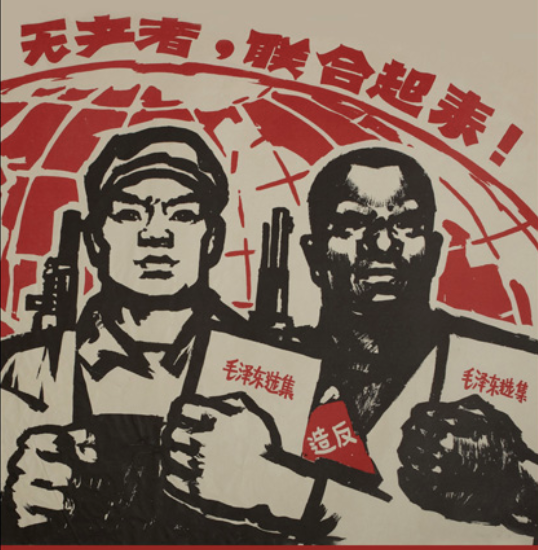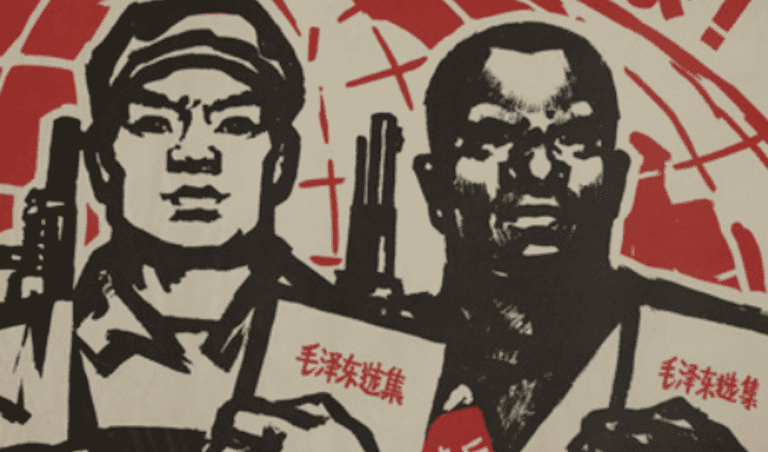 If you're interested in the relationships between African American and Chinese intellectuals, Robin D.G. Kelley's Freedom Dreams and Robeson Taj Frazier's The East is Black are amazing.
If you're interested in the relationships between African American and Chinese intellectuals, Robin D.G. Kelley's Freedom Dreams and Robeson Taj Frazier's The East is Black are amazing.
The dominant historical narratives of the 1960's often focus on the the Black Freedom Movement in the U.S. and the Cultural Revolution in China. Few people, however, are aware of the intricate links between African American radicals and Chinese intellectuals and political leaders at the time.
As more Asians become involved in the Black Lives Matter movement, it is important to look back at the history of Afro-Asian solidarity. Examining history gives us the tools to build an interracial coalition and learn from the fall of their movement in order to avoid repeating the mistakes of the past.
For Asians who don't support BLM, the history of Afro-Asian solidarity is a reminder of our revolutionary past and the radical dreams we inherited from our ancestors. Do we want to live in a society built on oppression, or do we want to fight for those dreams?
[zombify_post]


0 Comments